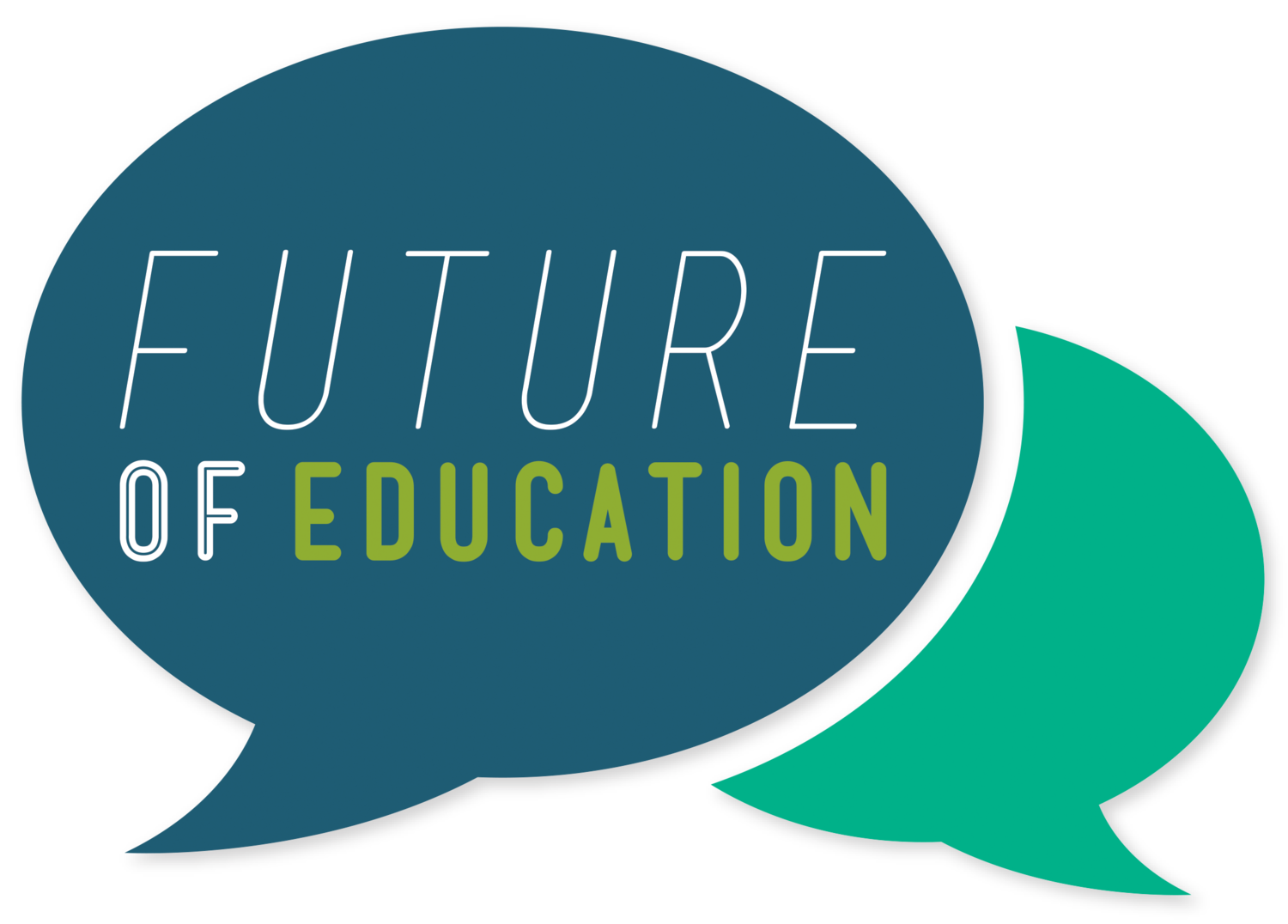What I learned about leadership in 2021
/Increasingly over the years, I have come to see how urgently leadership is needed in education to overcome our “stuckness” (more about this another time). I have been a principal since 2001 – 20 years! Over those years, I have explored what it means to be a leader and what effective leadership is in education. I think (hope) my story has been one of continual growth and development into increasingly more effective leadership (again, more about this another time). However, in 2021 I accepted a secondment to the Ministry of Education for the year and it raised for me the question of how you lead in a world sorely in need of leadership when you don’t have a “positional” leadership platform/role from which to lead.
This year of secondment has made me realise that the role of principal has given me a very strong platform for leading strategically. I have been able to develop strategic plans (generally in collaboration with others) and implement them. Of course, there are many ways in which individuals can (and do, at times) subvert the plans. But then I have learned that people resist not simply to be difficult but often because the strategy hits against deep seated beliefs that are important to them. However unfounded or unhelpful we feel those beliefs might be, effective leaders honour them and work patiently using coaching and mentoring and building relationships to explore those beliefs, while also allowing the others’ perspectives to challenge their own beliefs. Effective leaders realise that change takes time (a lot of time) and we need to continually adapt our strategies to take account of what we are learning. The thing about being a principal is that I have been in a position to do that. Principalship is a very powerful and effective leadership position - even though it doesn’t always feel like it.
So how do you lead when you don’t have a positional leadership platform from which to influence?
I discovered that this is a much more vulnerable position to be in. As a principal, I can expect people to turn up for professional learning and, at least on the surface, engage in the learning programme being delivered. As a principal, I don’t generally face outright rejection of my ideas. But as a person in a non-leadership role, where in some cases I was not even known, I had no ability to “require” attendance to a programme or expect people to be interested or even think that I might have anything of value to offer. So I learned….
1. That I needed to put my ego to the side and just try something - offer learning opportunities/programmes and if no-one picked them up, it wasn’t personal, it was just not the right thing at the right time. I stopped worrying about who turned up, whether people who signed up turned up regularly or why they didn’t turn up. I had something worthwhile to share and this wasn’t impacted by whether people saw the value of it or not. I would share it with whoever showed up.
2. That leadership is not the results we achieve, or the number of people we influence, but that leadership is the spaces we open up for others to grow and develop. And that realising this is really freeing.
3. That when you care less about what people think or you are less concerned about your position, you can speak your truth more freely
4. That I was freed up to try some more innovative and even slightly “wacky” approaches to professional learning and I discovered that people were not only open to this, but wanting to explore different ways of being – perhaps the Covid pandemic has impacted this.
5. That it is enough to change the world one person at a time or even one interaction at a time. To be an effective leader, I didn’t need to change a whole school, or community or influence the whole education sector. It was enough that I was present and faithful in that small space for those who were seeking growth and development.
6. That modelling a leadership way of being and thinking aloud for people so that they come to understand the rationale behind your actions, is effective and sufficient, at times.
7. That we (especially introverts) can use being the “principal up the front” to avoid or limit our in-close interactions with people. I have learned that it is the in-close interactions with individual people and being a real part of their lives as we grow and develop together that brings me the most joy as a leader, while, at the same time, being one of the hardest things for me to do. The vulnerability it requires can be challenging. It requires heart and head.
8. That community is really important and that it thrives when participation in learning is completely voluntary – that the more non-coercive our strategies, the more likely a learning community will develop.
Finally, I learned that as a principal, I will be most effective when I operate at both levels at the same time – the level of strategic leadership and this kind of more personal leadership where I get in close with people and, as a result, we build a learning, supportive community together.
You are probably wondering what I actually did leadership-wise over 2021 to learn these lessons? This will be the subject of subsequent blogposts, but book clubs, coaching leadership offerings, mentorship and modelling loom large.
I wish you a 2022 that is filled with the joy that comes from opening spaces for others to grow and develop.
Ngā mihi nui
Lesley Murrihy

